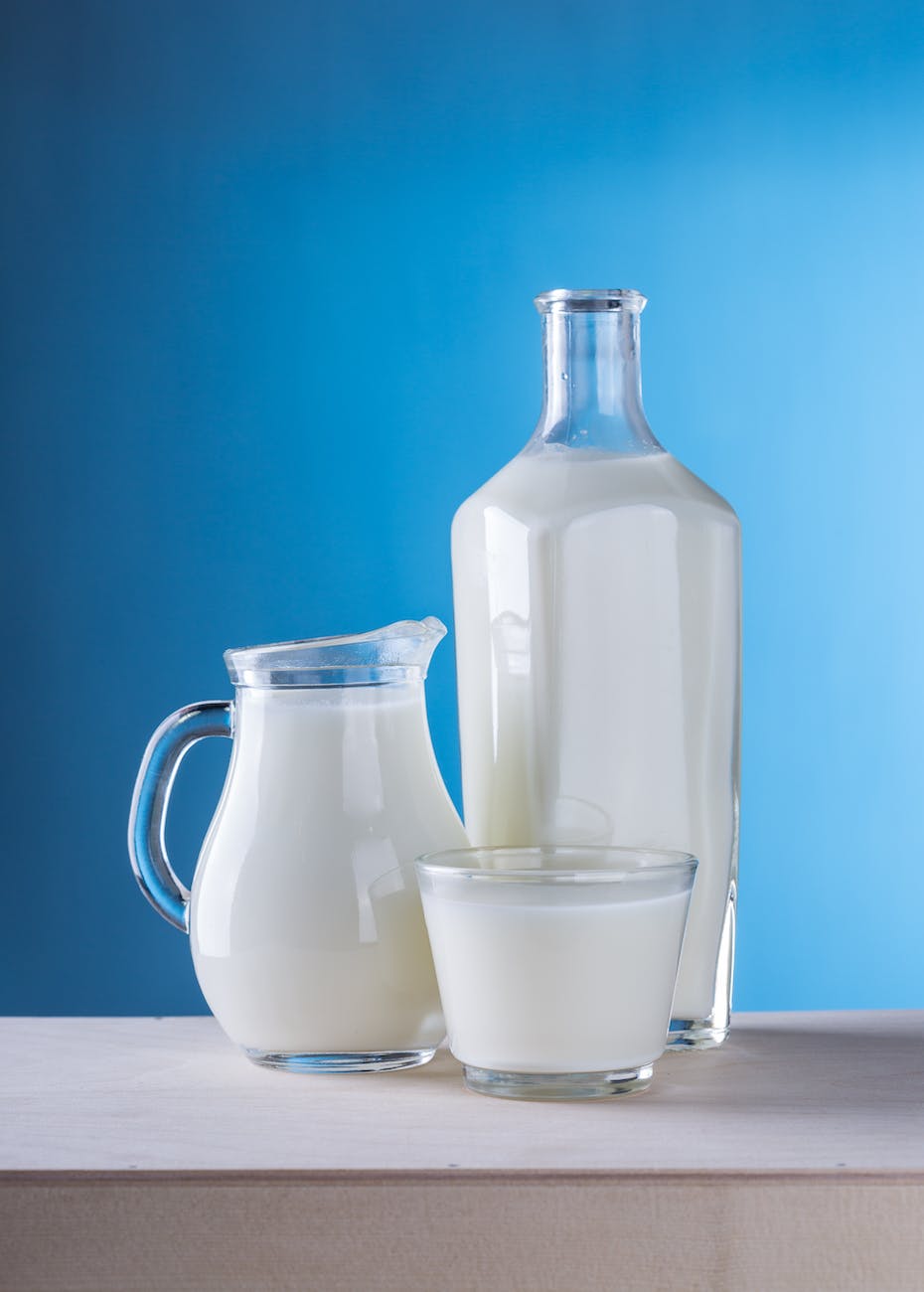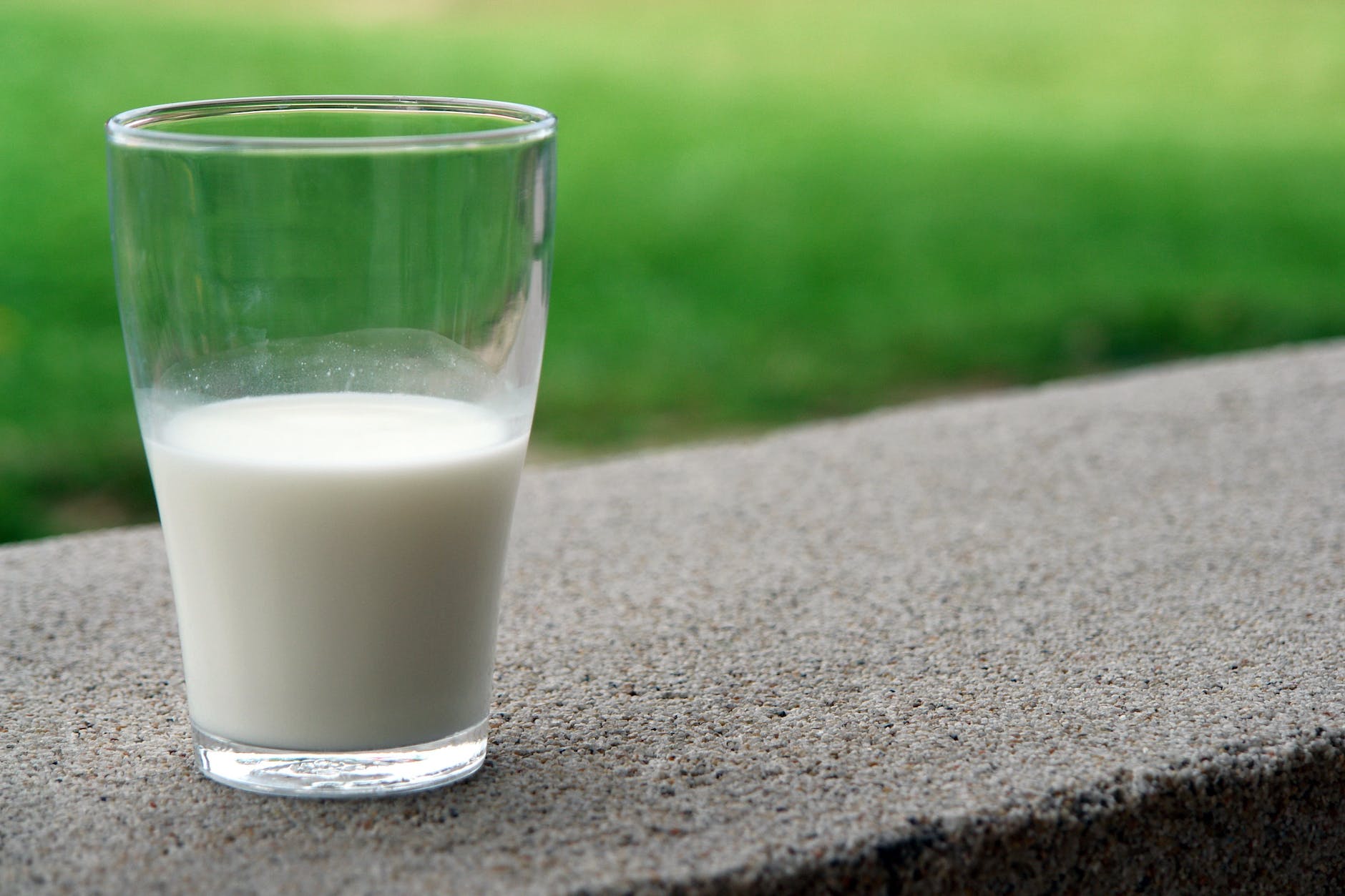
Milk is a staple in many diets worldwide. However, for some individuals, consuming milk and dairy products can lead to adverse reactions. While “Milk Allergy” and “Lactose Intolerance” are terms often used interchangeably, they refer to two distinct conditions. This article aims to shed light on the differences between the two, helping readers understand their symptoms, causes, and management strategies.
1. Introduction
Milk and dairy products are rich sources of essential nutrients. Yet, for many, they can cause discomfort or even severe reactions. Distinguishing between milk allergy and lactose intolerance is crucial for effective management and symptom relief.
2. What is Milk Allergy?
2.1. Definition and Causes
Milk allergy is an immune response to the proteins found in milk, primarily casein and whey. When someone with a milk allergy consumes dairy, their immune system mistakenly identifies these proteins as harmful invaders, triggering an allergic reaction.
2.2. Symptoms
Symptoms can range from mild hives or a stuffy nose to severe anaphylaxis, a potentially life-threatening condition that requires immediate medical attention. Other symptoms include wheezing, vomiting, diarrhea, and abdominal cramps.
2.3. Management
Avoidance of dairy products is the primary management strategy. However, in cases of accidental ingestion, antihistamines or epinephrine might be required. For a comprehensive guide on milk allergy, refer to this article.
3. What is Lactose Intolerance?
3.1. Definition and Causes
Lactose intolerance is a digestive issue where the body cannot fully digest lactose, the sugar found in milk and dairy products. This is due to a deficiency in lactase, the enzyme responsible for breaking down lactose.
3.2. Symptoms
Unlike milk allergy, the symptoms of lactose intolerance are primarily gastrointestinal and include bloating, diarrhea, gas, and abdominal pain. These symptoms usually occur within a few hours of consuming lactose-containing products.
3.3. Management
Managing lactose intolerance involves reducing or eliminating lactose from the diet. Lactase supplements can also help. For a detailed understanding of lactose intolerance, check out this comprehensive guide.
4. Key Differences Between Milk Allergy and Lactose Intolerance
While both conditions involve dairy, their causes, symptoms, and treatments differ:
- Cause: Milk allergy is an immune response to milk proteins, while lactose intolerance is due to the body’s inability to digest lactose.
- Symptoms: Milk allergy can cause respiratory, gastrointestinal, and skin symptoms. In contrast, lactose intolerance primarily causes digestive symptoms.
- Treatment: Milk allergy requires complete avoidance of dairy and might need emergency medication in case of exposure. Lactose intolerance can often be managed with dietary changes and lactase supplements.
5. Conclusion
Understanding the difference between milk allergy and lactose intolerance is crucial for proper diagnosis and management. While both conditions can be challenging, with the right knowledge and resources, individuals can lead a comfortable and symptom-free life. For related insights, explore the differences between gluten intolerance and wheat allergy.
FAQs on Milk Allergy vs. Lactose Intolerance
1. How can I determine if I have a milk allergy or lactose intolerance?
The best way to determine the specific condition is to consult with a healthcare professional. They may recommend allergy tests for milk allergy or a hydrogen breath test for lactose intolerance. Observing the type and timing of symptoms after consuming dairy can also provide clues.
2. Can I develop milk allergy or lactose intolerance later in life?
Yes, while milk allergies are more common in children and many outgrow it, it’s possible for adults to develop it. Lactose intolerance, on the other hand, is more commonly diagnosed in adulthood as lactase production can decrease with age.
3. Are there any dairy products safe for people with lactose intolerance?
Many lactose-intolerant individuals can tolerate aged cheeses and yogurt as they contain lower amounts of lactose. Additionally, there are lactose-free milk and dairy products available in the market.
4. If I’m allergic to cow’s milk, can I consume goat’s or sheep’s milk?
Not necessarily. Cow’s milk proteins are similar to those in goat’s and sheep’s milk. Many individuals allergic to cow’s milk may also react to goat’s or sheep’s milk. It’s essential to consult with an allergist before trying alternative milk sources.
5. Is it safe for lactose-intolerant individuals to consume dairy occasionally?
It varies from person to person. Some lactose-intolerant individuals can consume small amounts of dairy without issues, while others may experience symptoms even with minimal intake. Using lactase supplements can help some people digest dairy better.
Blog Tags: Milk Allergy, Lactose Intolerance, Dairy Sensitivity, Food Allergies, Digestive Health, Lactase Supplements, Dairy Alternatives, Milk Proteins, Dietary Management, Food Intolerance, Gastrointestinal Symptoms, Immune Response, Dairy Products, Lactose-Free Diet, Allergy Testing.












